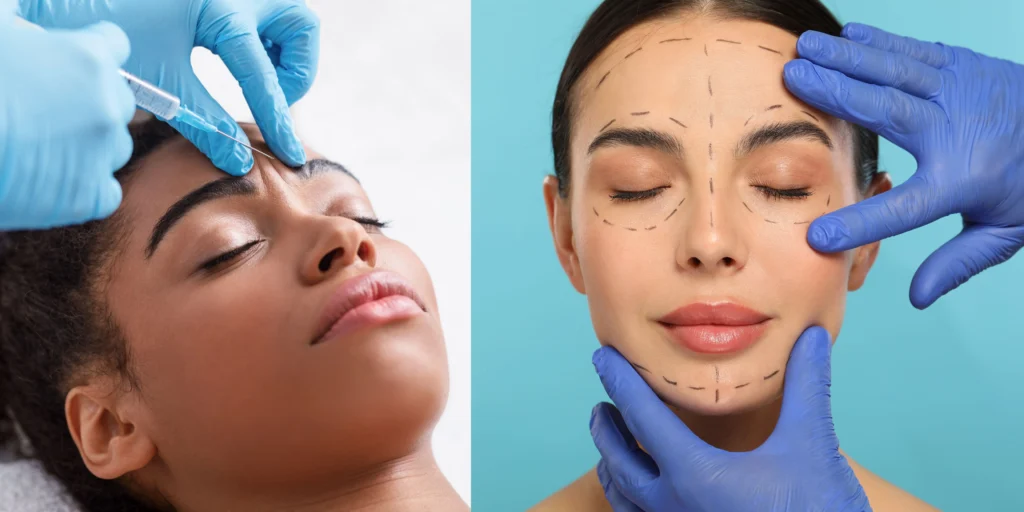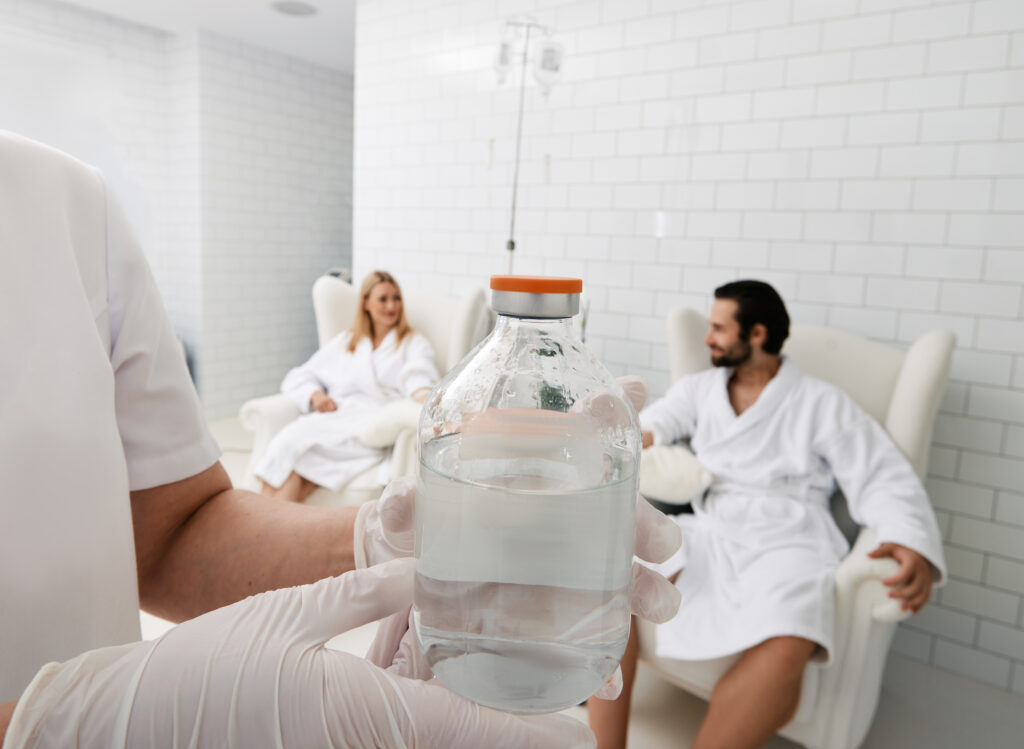
Personalized HRT for Energy, Mood, and Age-Positive Wellness
Fleur-De-Lis Aesthetics offers personalized, physician-led bioidentical hormone replacement therapy in New Orleans to boost energy, stabilize mood, and support age-positive wellness with tailored plans and ongoing care.









This Post Has 2 Comments
Hi, I’m Jack. Your blog is a treasure trove of valuable insights, and I’ve made it a point to visit daily. Kudos on creating such an amazing resource!
I appreciate how this blog promotes self-love and self-care It’s important to prioritize our well-being and your blog reminds me of that